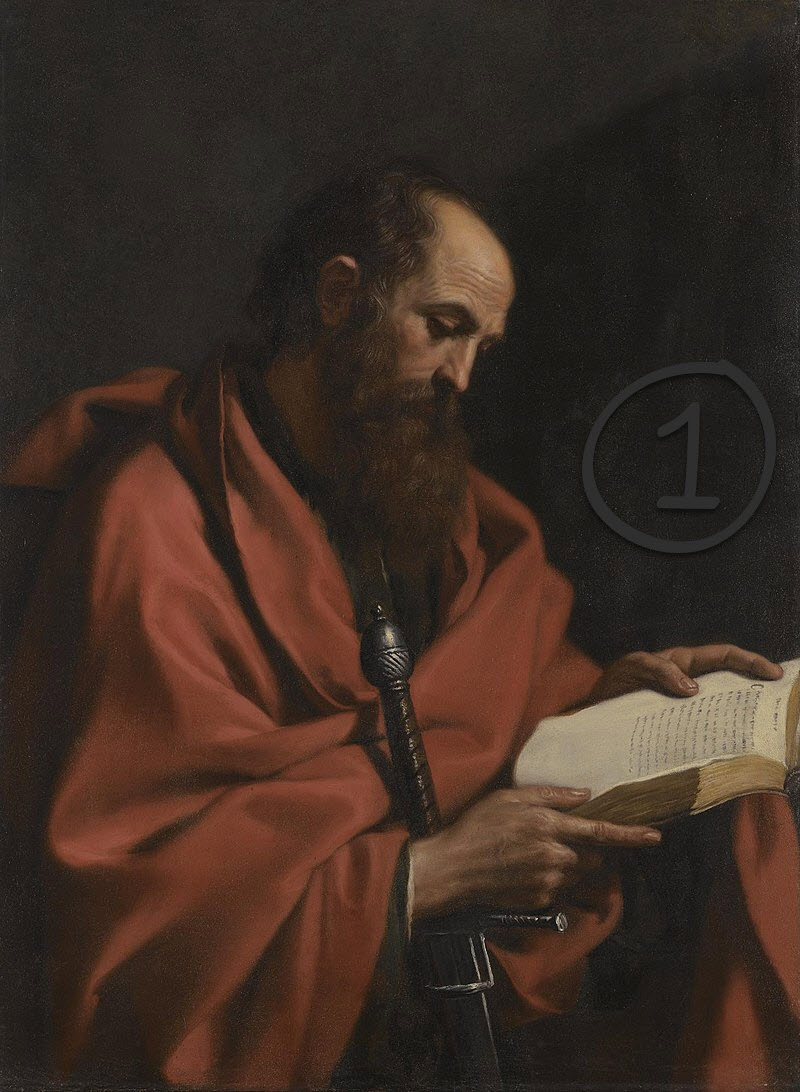All Paul Fall #1: First Thessalonians

This is Part 1 of a 13-part series of brief reflections on the letters of Paul. These reflections are part of the Saturday Morning Prayer service for St. Stephen’s Episcopal Cathedral’s Facebook Live Ministry.
Brothers and sisters, we do not want you to be uninformed about those who sleep in death, so that you do not grieve like the rest of mankind, who have no hope. For we believe that Jesus died and rose again, and so we believe that God will bring with Jesus those who have fallen asleep in him.
1 Thessalonians 4:13-18 (Common English Bible)
According to the Lord’s word, we tell you that we who are still alive, who are left until the coming of the Lord, will certainly not precede those who have fallen asleep. For the Lord himself will come down from heaven, with a loud command, with the voice of the archangel and with the trumpet call of God, and the dead in Christ will rise first. After that, we who are still alive and are left will be caught up together with them in the clouds to meet the Lord in the air. And so we will be with the Lord forever.
Therefore encourage one another with these words.
Overview
First Thessalonians is probably the oldest text in the New Testament. Paul is writing to the church in Thessalonica to address a series of concerns that people in the church are facing. The passage we just read seems to be a response to concerns about the death of some members of the church — and fears that the dead will miss out on the Second Coming of Jesus.
Christianity is all about hope
First, Paul reminds the church that they have hope through their faith in Christ. Unlike the rest of humanity, Christians can express a hope that all of God’s promises will be fulfilled. While an untimely death is certainly cause for grief, the church should not lose hope because God is more powerful than death. In fact, Christ will overcome death.
The unity of the church is essential.
In this letter, we can see that unity is a value that Paul has instilled in this church. They are worried that death may have broken the unity of the church, but Paul reassures them that both the living and the dead are One in Christ. He even refers to them specifically as the “dead in Christ.” Unity is a theme in many of Paul’s letters, because Paul does not ever want to see the Body of Christ divided, not even by death. And we still, to this day, profess a belief in the Communion of Saints — the mystical union that we, as living Christians, share with the faithful departed.
Christian believers must encourage one another.
Finally, we hear that Paul reminds the church to comfort one another. This is a phrase that appears several times in this letter. As individuals, our strength and our faith can fluctuate daily. So Paul teaches us to comfort and strengthen one another, so that we might no lose hope.


